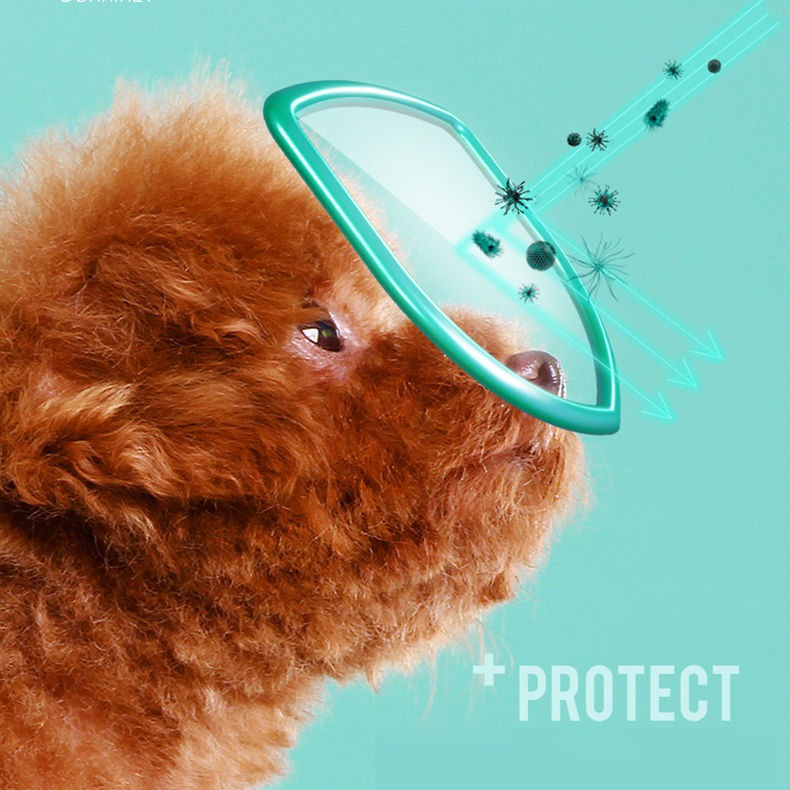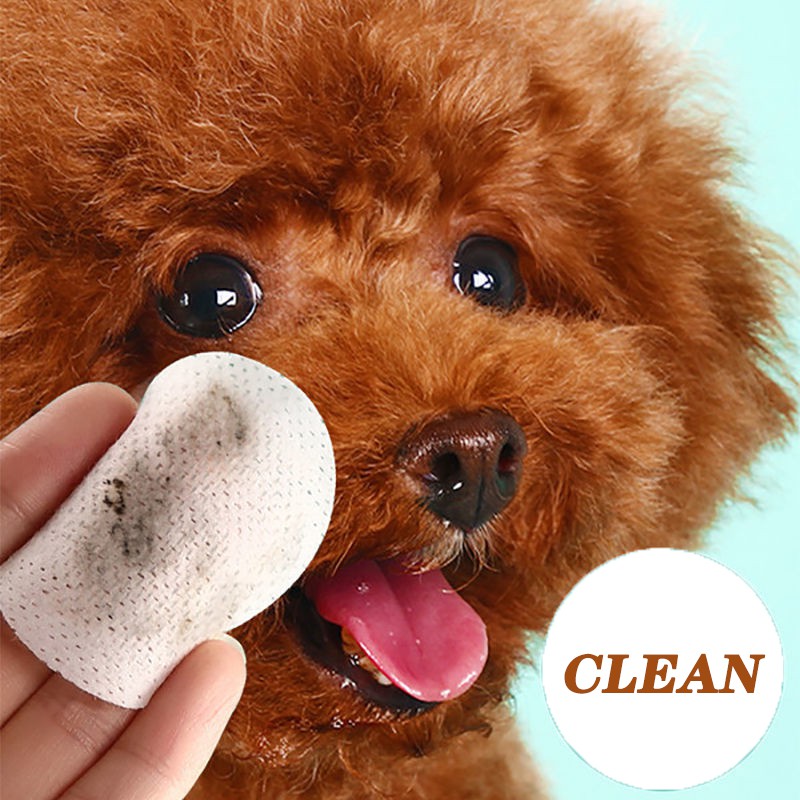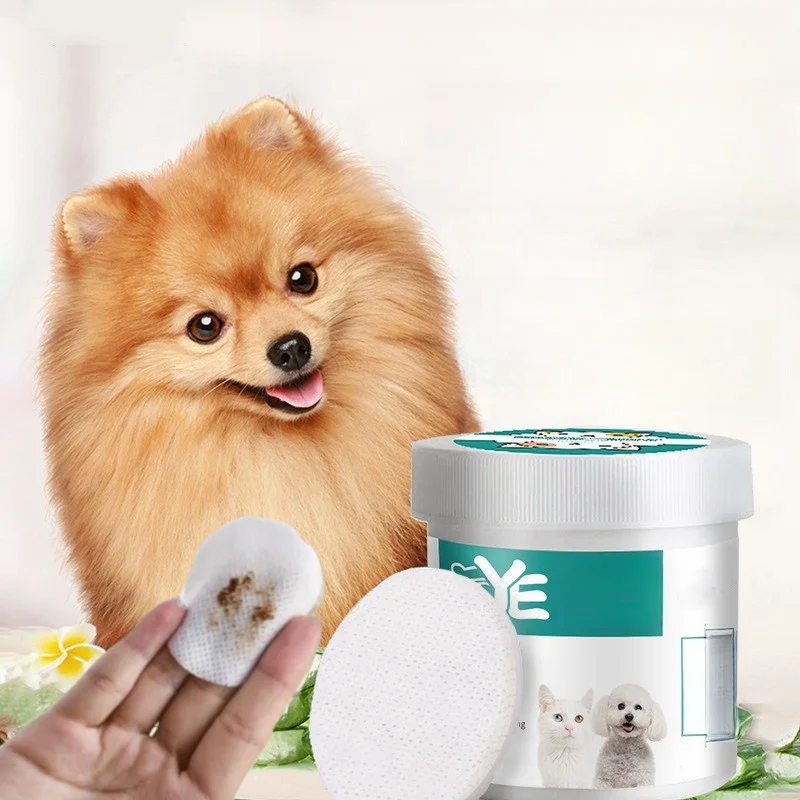Introduction
Kennel cough, scientifically known as infectious tracheobronchitis, is a contagious respiratory illness in dogs. Many dog owners frequently observe their pets producing white foam when they cough. This symptom can be alarming, but understanding its causes and implications can help in managing your dog’s health. In this article, we will explore kennel cough white foam, its symptoms, treatment options, and the significance of white foam in dogs.

What is Kennel Cough?
Kennel cough is a viral or bacterial infection that affects a dog’s upper respiratory system. The name arises from its frequent occurrence in places where many dogs congregate, such as kennels, dog parks, and shelters. The primary culprits behind this condition are viruses, like the canine parainfluenza virus and canine adenovirus, along with bacteria, including Bordetella bronchiseptica.
Dogs infected with kennel cough often exhibit a dry, harsh cough. This cough can appear suddenly, and it might sound like your dog is trying to clear something from its throat. The condition typically arises after exposure to an infected dog, especially in close quarters. On its own, kennel cough is usually not life-threatening, but it can lead to more severe health issues, especially in puppies, elderly dogs, or those with pre-existing health conditions.
Symptoms of Kennel Cough
Besides the distinct cough, several other symptoms accompany kennel cough. Affected dogs may show signs of nasal discharge, lethargy, or a loss of appetite. Some dogs may also have a fever. Though these symptoms can be bothersome, they often resolve within a few weeks with proper care.
One of the most concerning symptoms for dog owners is the presence of white foam when a dog coughs. This foam can be alarming and often raises questions about the overall health of the pet. The production of foam can be related to the dog attempting to clear its throat or to other underlying health issues. It’s essential to observe other signs to determine whether your dog requires veterinary attention.
The Significance of White Foam
When dogs cough up white foam, it’s often due to an accumulation of mucus in their throat. This can occur during persistent coughing, which irritates the throat and esophagus. The foam may also contain saliva, which mixes with the mucus to create a frothy appearance. For many dogs, this symptom is a result of kennel cough.

It is crucial to note that white foam does not exclusively indicate kennel cough. Other conditions, such as allergies, gastrointestinal issues, or even more severe respiratory problems, can also lead to the production of white foam. If your dog is only coughing occasionally and is otherwise healthy, the foam may not be a significant concern. However, if the coughing persists for more than a week or is accompanied by other symptoms, it’s time to consult a veterinarian.
Other Potential Causes of White Foam
While kennel cough is a primary cause of white foam, it is not the only reason for this symptom. Dogs can also develop white foam due to acid reflux. Just like humans, dogs can experience acid build-up in their stomachs, leading to coughing or regurgitation of foamy bile. This condition can occur when a dog has an empty stomach for too long or eats too rapidly.
Additionally, heart disease can play a role in white foam production. Congestive heart failure can cause fluid to build up in the lungs and lead to coughing. This fluid can appear white and foamy, especially when the dog is lying down. Other respiratory issues, such as pneumonia or bronchitis, may also cause similar symptoms. Always look out for other signs, like difficulty breathing, lethargy, or changes in behavior.
Diagnosis and Treatment Options
Diagnosing kennel cough often involves a physical examination and a discussion of the dog’s recent exposure to other dogs. The veterinarian may perform tests to rule out other respiratory illnesses or infections. Treatments may vary based on severity. In mild cases, treatment may include a cough suppressant or anti-inflammatory medication to soothe the throat.
If the infection seems more severe or if secondary infections emerge, antibiotics may be necessary. Since kennel cough is contagious, preventing the spread to other dogs is crucial. Avoid socializing your dog until they fully recover and consult your veterinarian about vaccination options.
Home Remedies and Supportive Care
Apart from veterinary treatments, some home remedies can help ease your dog’s symptoms. Keeping your dog calm can prevent excessive coughing. Use a humidifier in your home to keep the air moist, which may soothe your dog’s irritated throat. Additionally, steam from a warm shower can also help; just ensure your dog is safely positioned away from hot air or water.
Encouraging your dog to drink plenty of fluids helps to thin mucus and supports recovery. A warm chicken broth can stimulate their appetite and provide hydration. Offer small, easily digestible meals to ensure they are receiving adequate nutrition while they recover. Always consult your vet before attempting home remedies, especially if the cough persists or worsens.
Causes of Kennel Cough
Understanding the causes of kennel cough can help dog owners take preventive measures. The disease is not transmitted by direct contact alone. It spreads through airborne droplets, which makes it highly contagious in crowded settings. Infectious agents can linger on surfaces like bowls, leashes, or clothing, making it easy for dogs to contract the illness.
Viral and Bacterial Agents
Several pathogens contribute to kennel cough. The Bordetella bacterium is one of the most common. It can infect the dog’s respiratory system and lead to severe coughing. Other viruses, like the canine parainfluenza virus, can also contribute. Dogs don’t need to be in contact to become infected; simply being in the same vicinity as an infected dog can lead to transmission.
Environmental Factors
Environmental factors also play a role in kennel cough. Stress-related situations, such as travelling or changing homes, can weaken a dog’s immune system, making them more susceptible to infections. Dirty or crowded environments can exacerbate this risk. Dog owners must be vigilant in observing their pets, especially if they frequent places with high canine populations.
Treatment Options
The primary goal in treating kennel cough is to alleviate symptoms and prevent complications. The treatment plan can vary based on the severity of the symptoms and the health of the dog. Many cases resolve on their own, but some dogs require veterinary attention.
Home Care
For mild cases, home treatment can be effective. Providing a humid environment may help reduce coughing. Steam from a hot shower or a humidifier can ease the irritation in the airways. Keeping the dog calm is also crucial. Stress can exacerbate symptoms. Make sure your dog has a comfortable space to rest and recuperate.
Veterinary Treatment
If symptoms persist, a veterinarian may prescribe medications. Cough suppressants can help alleviate the hacking, while antibiotics may be required if a secondary bacterial infection is suspected. In cases where the dog is severely affected, anti-inflammatory medications can also help reduce swelling in the airways.

Monitoring Recovery
During recovery, continue monitoring your dog’s condition. Look for signs of improvement or deterioration. If your dog develops a high fever, shows significant lethargy, or refuses to eat, it is crucial to return to the veterinarian. They may need to adjust the treatment plan based on the dog’s response.
Preventing Kennel Cough
Prevention is always better than treatment, especially for contagious diseases like kennel cough. Vaccination is one of the most effective methods to protect your dog from the disease. Consult your veterinarian to determine the appropriate vaccination schedule tailored to your dog’s needs.
Limit Exposure to High-Risk Areas
Avoid exposing your dog to high-risk areas if they are not vaccinated. If your dog must go to a kennel or dog park, ensure they have received all necessary vaccinations. This can significantly reduce the chances of contracting kennel cough.
Hygiene Measures
Practicing good hygiene around your furry friends can also help. Regularly clean dog bowls, toys, and leashes. Disinfect shared spaces, especially when new dogs visit your home.
When to Seek Veterinary Help
While kennel cough is often mild and resolves on its own, some situations require immediate veterinary attention. If your dog exhibits severe coughing, especially if accompanied by wheezing or difficulty breathing, consider it an emergency. Similarly, if your dog loses considerable weight, shows signs of distress, or becomes lethargic, consult your veterinarian without delay.
Also, monitor for any changes in behavior or appetite. If the white foam increases or changes color, this could indicate a more severe underlying condition. Early intervention can be crucial in preventing complications.
Preventing Kennel Cough and Other Respiratory Illnesses
Preventing kennel cough involves minimizing your dog’s exposure to high-risk environments. If your dog frequently interacts with other dogs, consider their vaccination status. The Bordetella vaccine can provide protection against one of the significant bacteria causing kennel cough. Always keep your pet’s vaccinations up to date.
Thank you for reading this detailed overview of kennel cough and its association with white foam in dogs. Understanding these symptoms, their implications, and when to seek help can empower you as a pet owner to take proactive steps in your dog’s healthcare and well-being. By being vigilant and informed, you can help ensure your furry friend stays happy and healthy.